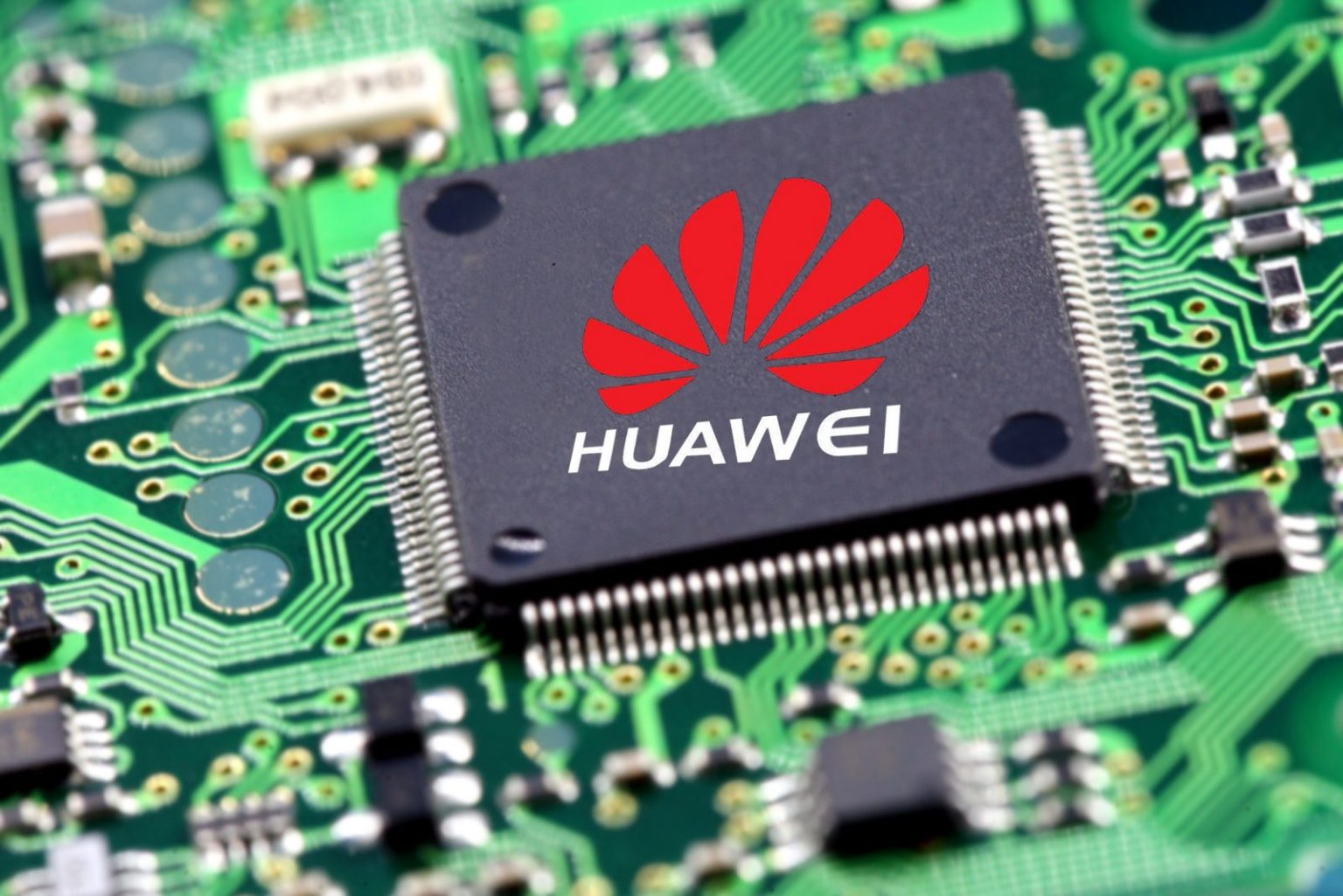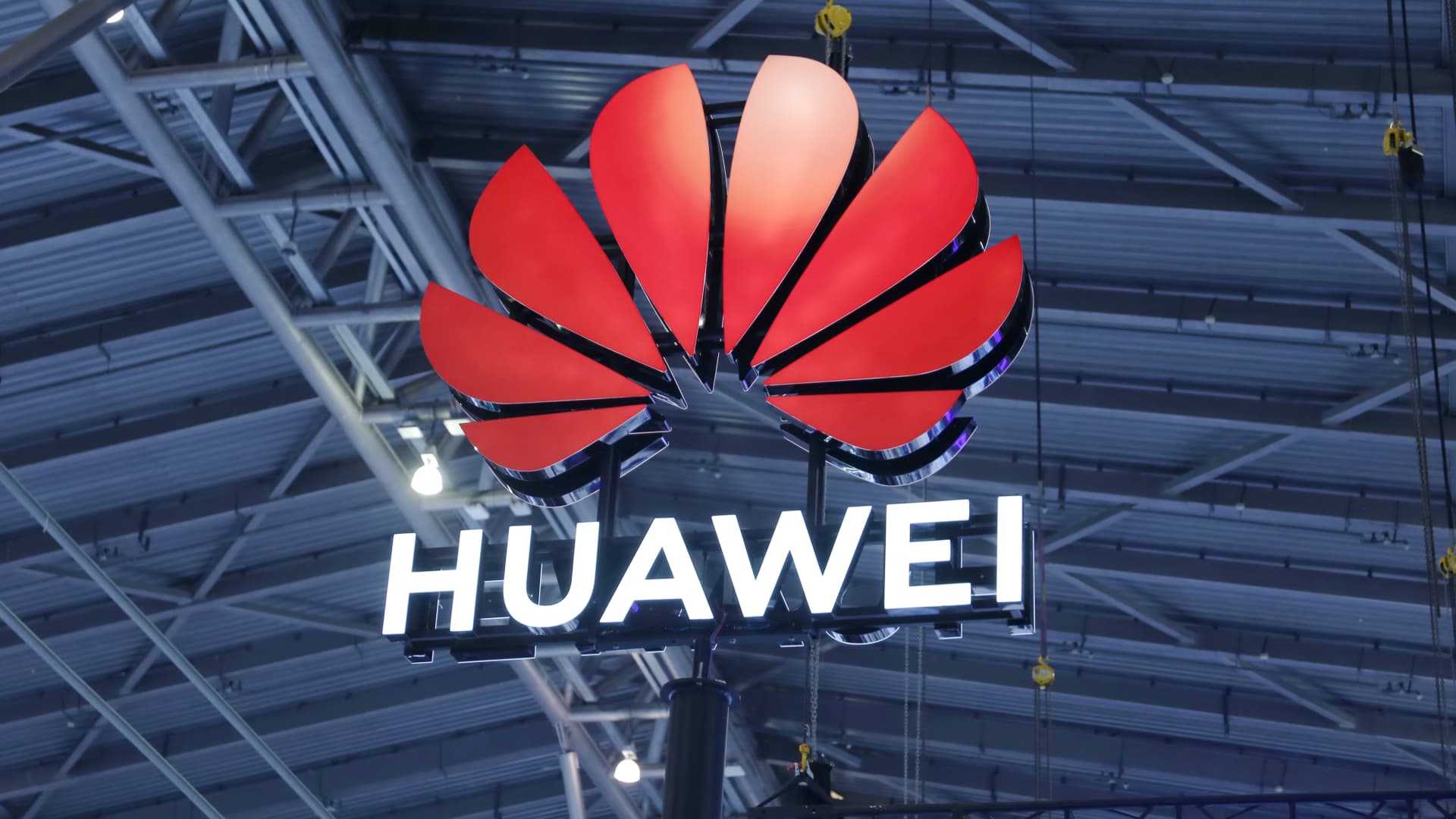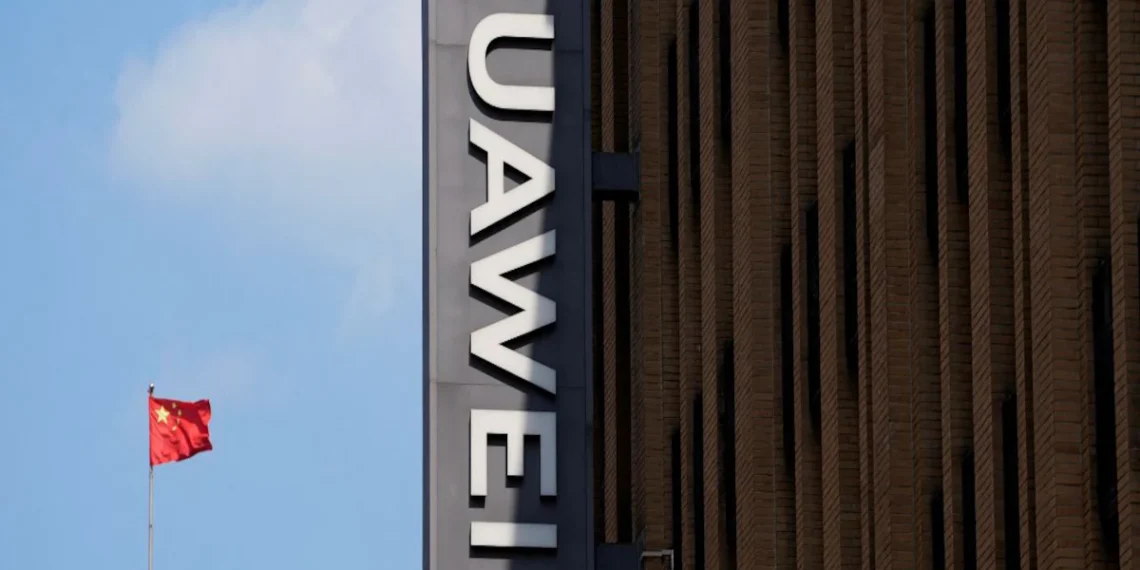The U.S. announced the revocation of licenses allowing companies to ship goods, including chips, to Huawei Technologies, a sanctioned Chinese telecommunications equipment maker.
This decision, effective immediately, follows Huawei’s recent launch of its first AI-enabled laptop, the MateBook X Pro, powered by Intel’s new Core Ultra 9 processor.
Republican lawmakers criticized the laptop launch, suggesting it indicated approval from the Commerce Department for Intel to supply chips to Huawei.

The Commerce Department confirmed the revocation of certain export licenses to Huawei, though specific licenses were not disclosed.
This move comes amidst growing pressure from Republican China hawks in Congress, urging the Biden administration to take a tougher stance against Huawei.
Republican Congresswoman Elise Stefanik emphasized the action’s significance in bolstering national security and limiting China’s technological advancement.
The revocation of licenses could potentially impact both Huawei and U.S. suppliers. Huawei relies on Intel chips for its laptops, and U.S. suppliers conducting business with the company may also face repercussions.
Intel declined to comment on the matter, while Huawei did not immediately respond to requests for comment.
Huawei was placed on a U.S. trade restriction list in 2019, requiring suppliers to obtain special licenses before shipping goods to the company.

Despite export restrictions, Huawei’s suppliers received licenses worth billions of dollars, including controversial authorizations, like Intel’s permission to supply central processors for Huawei laptops since 2020.
Qualcomm, another supplier, has sold older 4G chips to Huawei under a license obtained in 2020.
However, Qualcomm does not expect further chip revenue from Huawei beyond this year. Qualcomm licenses its portfolio of 5G technologies to Huawei, with negotiations underway for a renewal.
Critics argue that such licenses have contributed to Huawei’s resurgence, evidenced by the company’s smartphone sales and growth in smart car components despite U.S. export restrictions on key suppliers.





